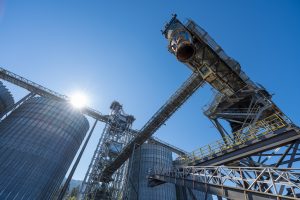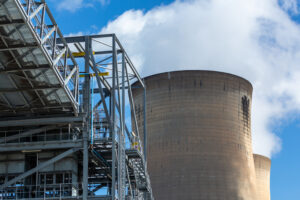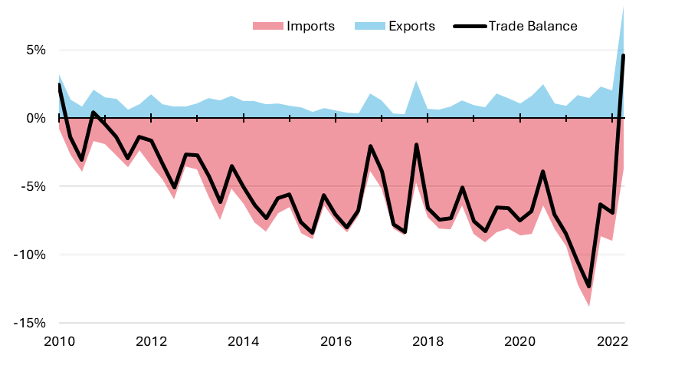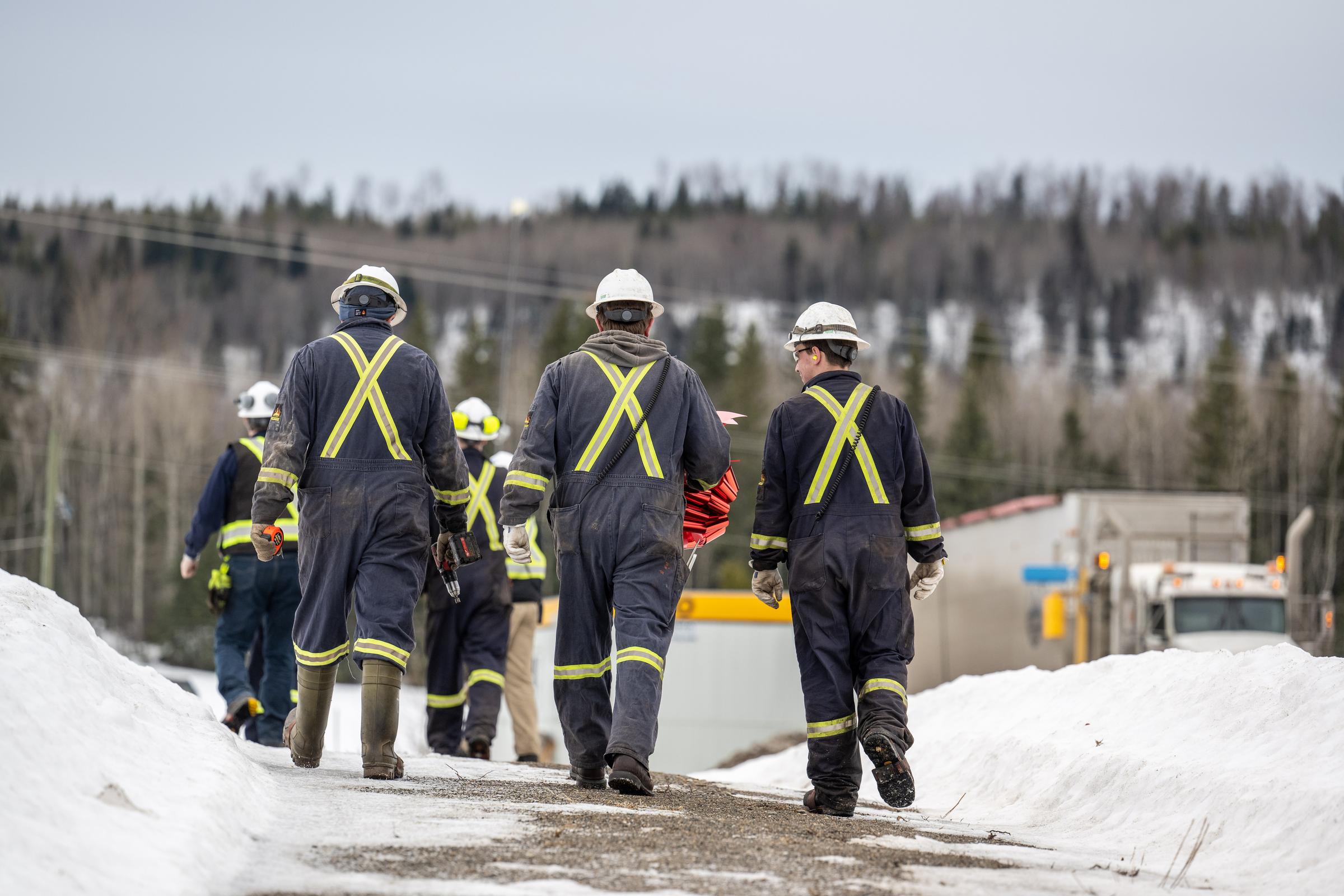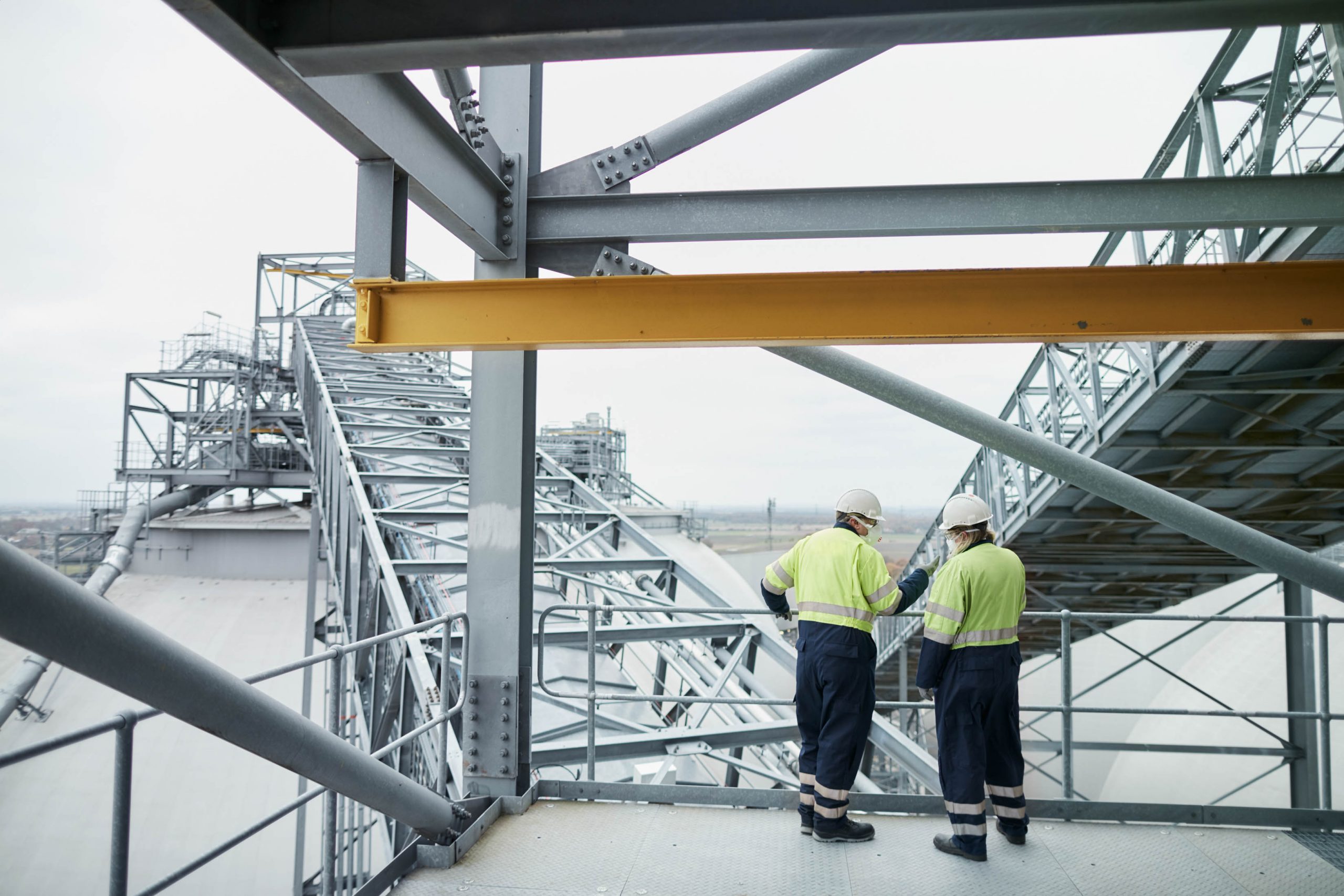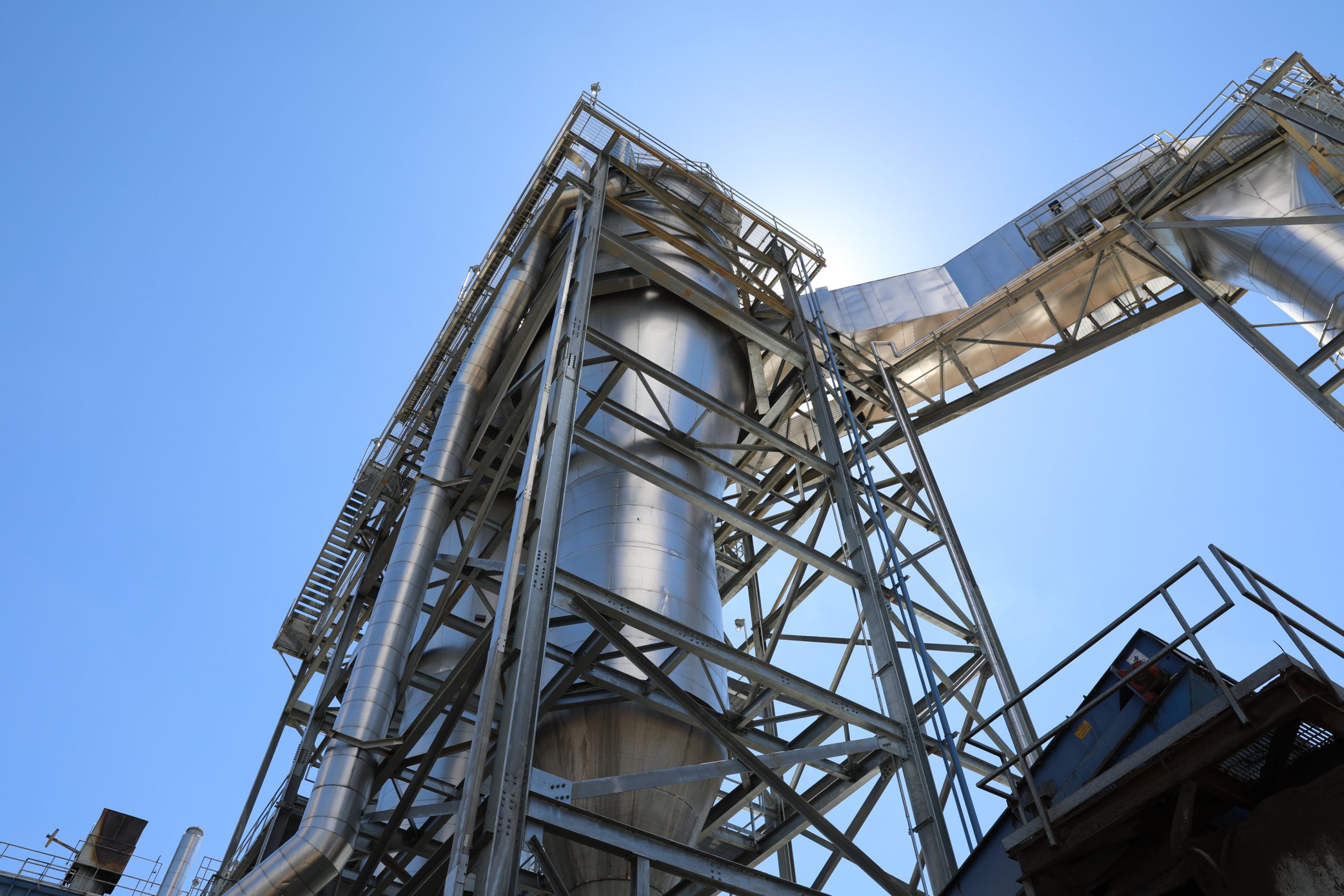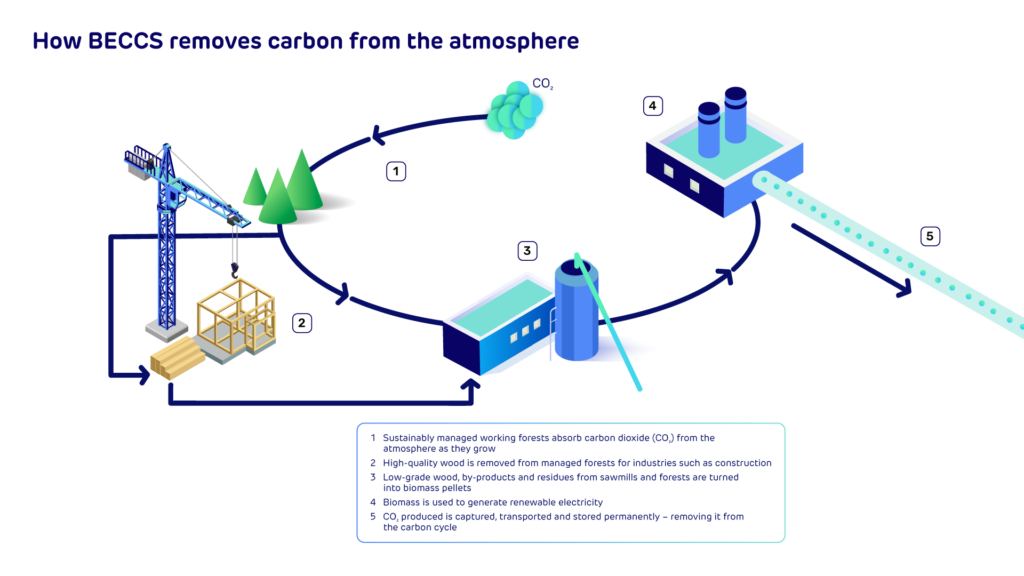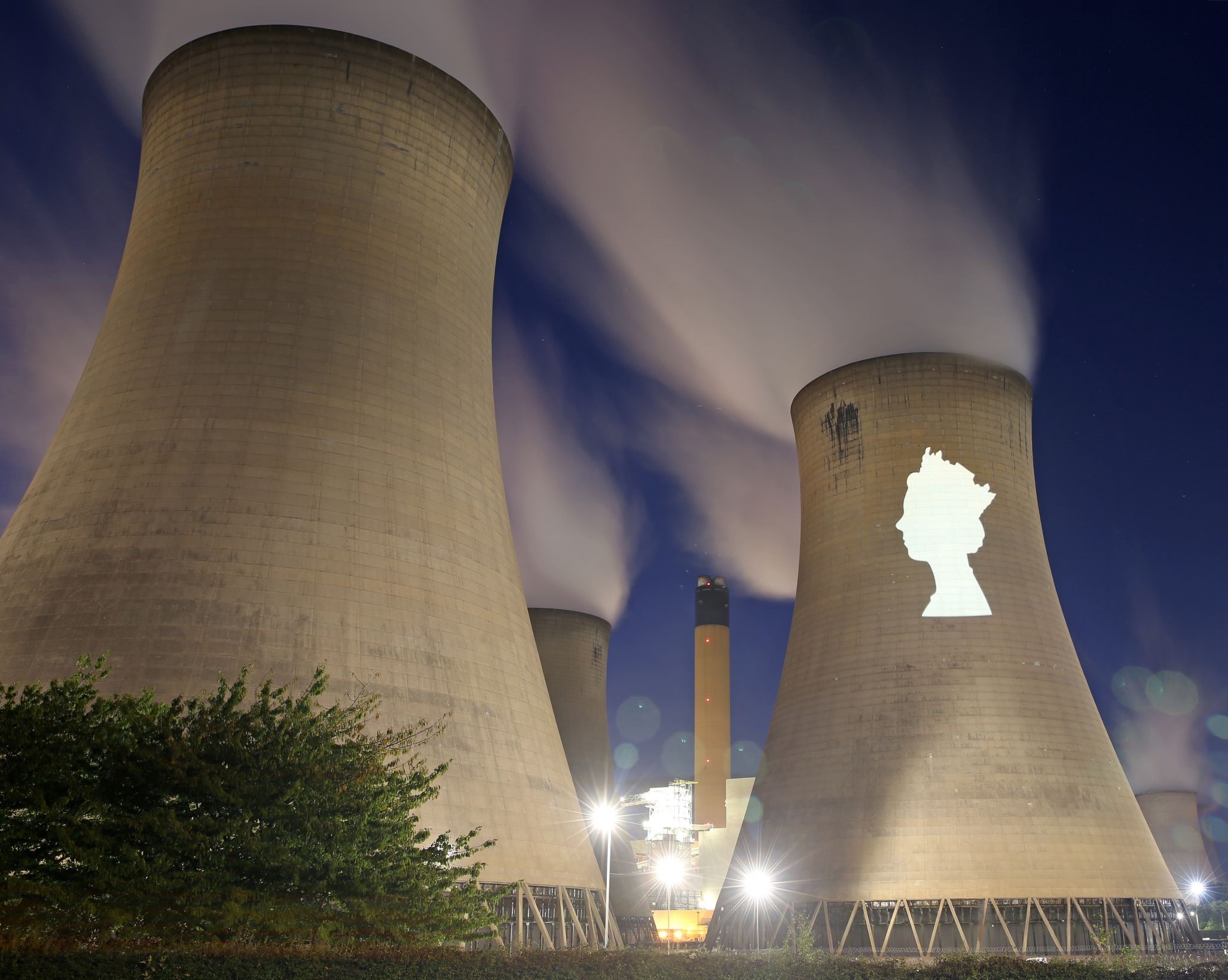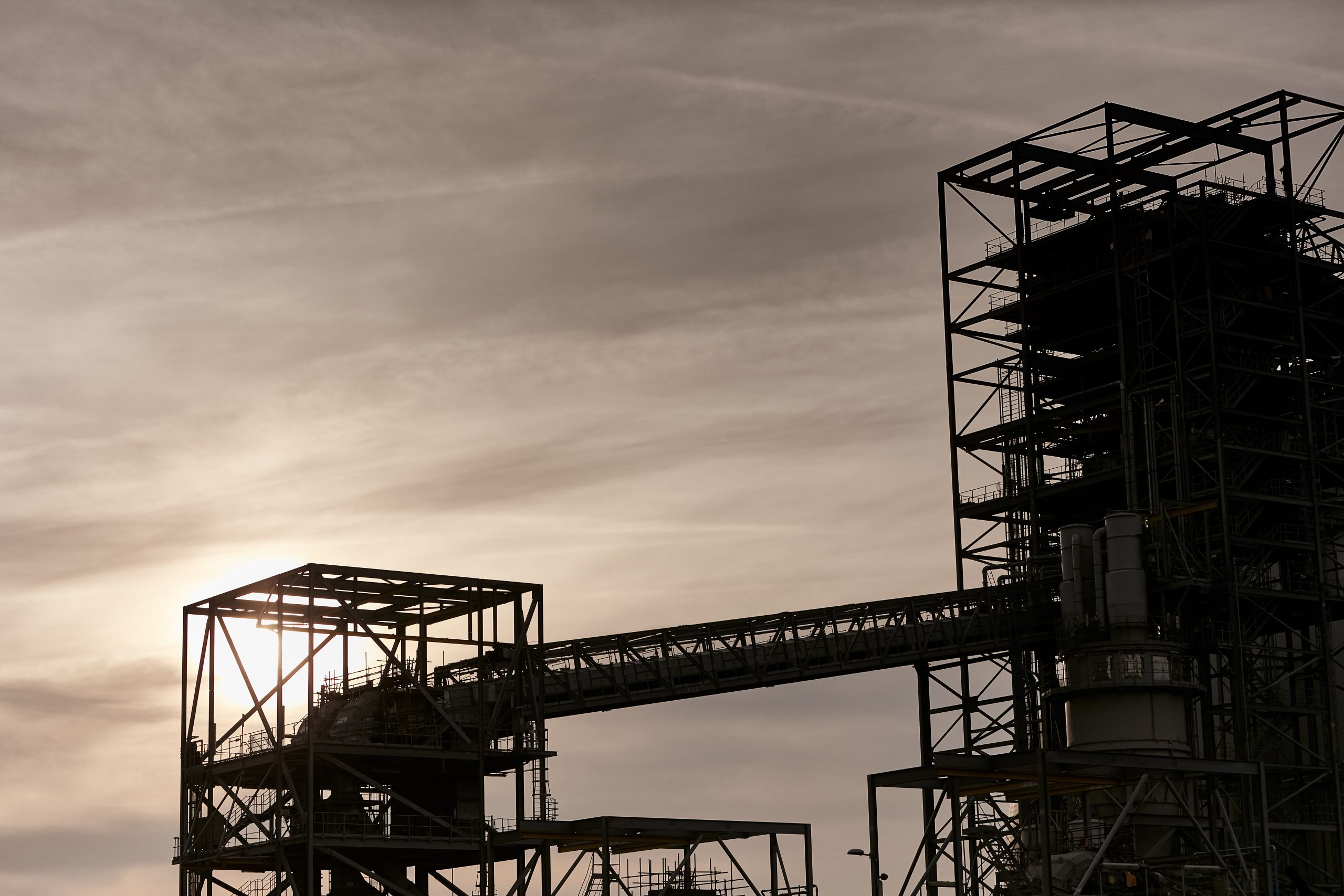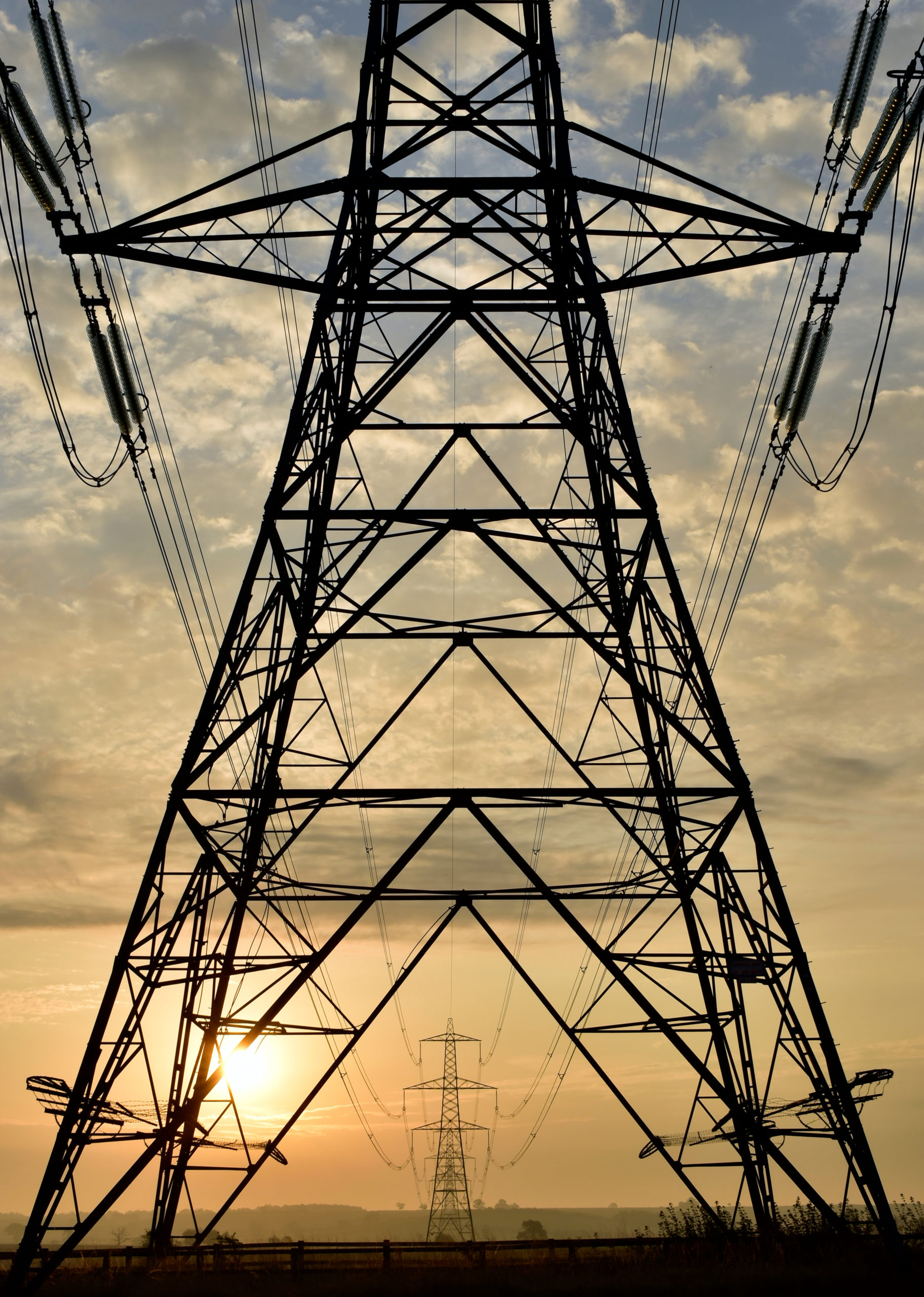
- Britain exported more power to Europe than ever before in the second quarter of the year, making it a net exporter of electricity for the first time in over a decade, according to a new report.
- The new trade surplus with Europe was worth around £1.5 billion for the UK economy during the period.
- The energy crisis in Europe may have shone a light on an opportunity for Britain to become ‘Europe’s power battery’ by investing in long duration electricity storage technologies.
For the first time in over a decade, Britain became a net exporter of electricity to its European neighbours, making around £1.5bn for the economy in three months.
An independent report by academics from Imperial College London for Drax Electric Insights, commissioned via Imperial Consultants, shows that in the three months to June 2022, 8% (5.5TWh) of the electricity generated by Britain was exported abroad – the largest amount on record.
Whilst Russia throttled gas supplies and France suffered severe reliability problems with its nuclear power stations, Britain developed a trade surplus in electricity with the rest of Europe.
The excess was exported abroad through subsea cables known as interconnectors.
Share of British electricity that was imported and exported each quarter.
The report’s authors estimate the trade surplus was worth around £1.5 billion for the UK economy during the three months to June.
Dr Iain Staffell of Imperial College London, and lead author of the quarterly Electric Insights report, said:
“Britain has played an important role in helping to keep the lights on across Europe amid the deepening energy crisis which is being weaponised by Russia against our nearest neighbours.
“With Europe now facing long-term security of supply problems, there could be an economic argument for Britain to step up investment in power production in the years ahead to build an even bigger trade surplus, and protect our nation from damaging energy shortages.”
Another country highlighted by the report to have exported more power than usual to the continent was Norway, with its vast hydro reservoirs being drained to their lowest levels since 1996. Even Britain was a net importer of power from the Scandinavian state over the period, using the country’s enormous hydro storage capacity to balance out drops in supply from intermittent sources of electricity such as wind and solar farms.
The Electric Insights report states there could be “value in increasing the amount of pumped hydro energy storage in the UK” to balance shortfalls in supply from renewables, rather than relying on Norwegian imports. The UK has just under 3GW of pumped storage hydro capacity, less than half of the capacity of comparable countries like Germany.
While the need for the UK to have greater long duration energy storage capacity is growing, barriers to securing private investment in these projects means it has been almost 40 years since a new pumped storage hydro power station was built here.
There are growing calls from the energy industry for the government to introduce measures to support the roll-out of a new generation of long duration storage plants.
Drax is progressing plans to build a new 600 MW underground pumped storage hydro facility at its existing Cruachan site in Scotland.
Ian Kinnaird, Drax’s Scottish Assets Director, said:
“Britain desperately needs a new generation of pumped storage hydro plants to strengthen its own energy security, but it is clear the rest of Europe would benefit as well.
“We have the opportunity to become Europe’s power battery, helping our friends and neighbours reduce their dependence on energy from Russia whilst enabling more homegrown renewable electricity to power UK homes and businesses. It’s an opportunity which Britain should take, or risk being left behind by other countries.”
ENDS
Media contacts:
Aidan Ker
Media Manager
E: [email protected]
T: +44 (0)7849090368
Ali Lewis
Head of Media & PR
E: [email protected]
T: +44 (0)7712 670 888
Editor’s Notes
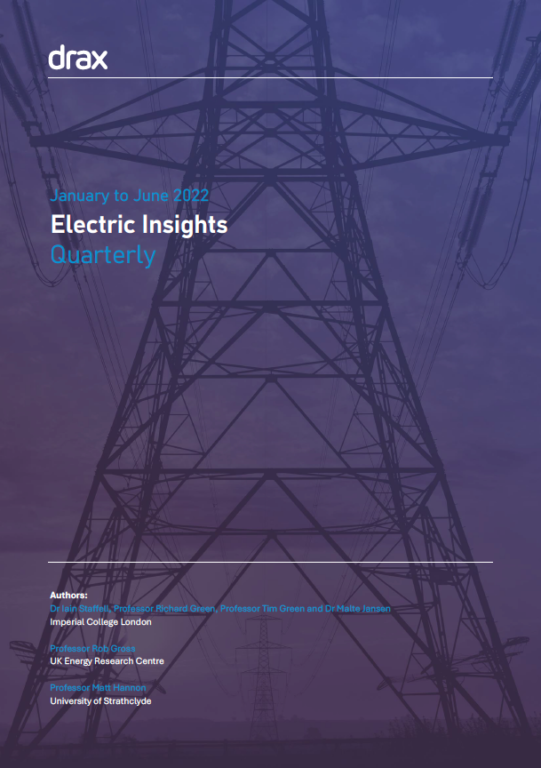
[Click image to view/download the report PDF or alternatively read the report webpage here]
- The report found Britain had a trade surplus of 5% of electricity generated (8% exported minus 3% imported), with a net value of £500m per month.
- Historically, Britain has been an importer of electricity, with an average of 8% of electricity coming from our neighbours over the last decade.
- In May, Drax applied for consent to build a new 600MW pumped storage hydro plant at its existing Cruachan facility in Argyll, Scotland.
- The new power station could be operation in 2030 with construction work getting underway in 2024.
- No investment decision has yet been taken and development remains subject to the right regulatory framework with the UK government.
- Last month, Switzerland opened Europe’s latest pumped storage hydro plant under the Alps. The plant has the same storage capacity as 400,000 electric vehicle batteries.
About Electric Insights
- Electric Insights is commissioned by Drax and delivered by a team of independent academics from Imperial College London, facilitated by the college’s consultancy company – Imperial Consultants. The quarterly report analyses raw data made publicly available by National Grid and Elexon, which run the electricity and balancing market respectively, and Sheffield Solar.
- Electric Insights Quarterly focuses on supply and demand, prices, emissions, the performance of the various generation technologies and the network that connects them.
- The quarterly reports from the last four and a half years can be access at the new website reports.electricinsights.co.uk alongside the interactive electricinsights.co.uk which provides data from 2009 until the present.
- You can embed Electric Insight’s live dashboard on your website or blog to keep track of what’s happening in the power grid through a new widget.
About Drax
Drax Group’s purpose is to enable a zero carbon, lower cost energy future and in 2019 announced a world-leading ambition to be carbon negative by 2030, using bioenergy with carbon capture and storage (BECCS) technology.
Drax’s around 3,000 employees operate across three principal areas of activity – electricity generation, electricity sales to business customers and compressed wood pellet production and supply to third parties. For more information visit www.drax.com
Power generation:
Drax owns and operates a portfolio of renewable electricity generation assets in England and Scotland. The assets include the UK’s largest power station, based at Selby, North Yorkshire, which supplies five percent of the country’s electricity needs.
Having converted Drax Power Station to use sustainable biomass instead of coal it has become the UK’s biggest renewable power generator and the largest decarbonisation project in Europe. It is also where Drax is piloting the groundbreaking negative emissions technology BECCS within its CCUS (Carbon Capture Utilisation and Storage) Incubation Area.
Its pumped storage, hydro and energy from waste assets in Scotland include Cruachan Power Station – a flexible pumped storage facility within the hollowed-out mountain Ben Cruachan.
The Group also aims to build on its BECCS innovation at Drax Power Station with a target to deliver 4 million tonnes of negative CO2 emissions each year from new-build BECCS outside of the UK by 2030 and is currently developing models for North American and European markets.
Pellet production and supply:
The Group has 18 operational pellet plants and developments with nameplate production capacity of around 5 million tonnes a year.
Drax is targeting 8 million tonnes of production capacity by 2030, which will require the development of over 3 million tonnes of new biomass pellet production capacity. The pellets are produced using materials sourced from sustainably managed working forests and are supplied to third party customers in Europe and Asia for the generation of renewable power.
Drax’s pellet plants supply biomass used at its own power station in North Yorkshire, England to generate flexible, renewable power for the UK’s homes and businesses, and also to customers in Europe and Asia.
Customers:
Drax supplies renewable electricity to UK businesses, offering a range of energy-related services including energy optimisation, as well as electric vehicle strategy and management.
To find out more go to the website www.energy.drax.com





